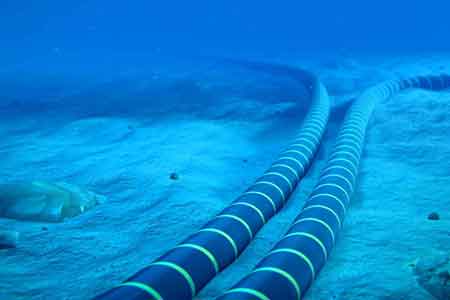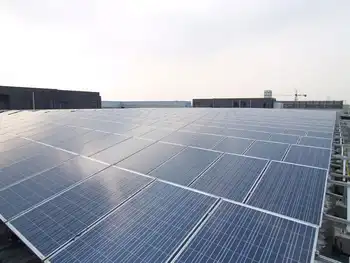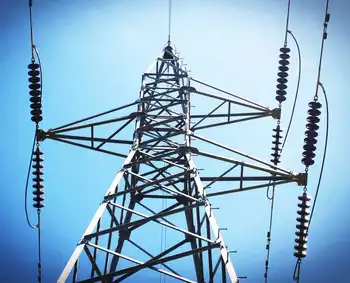North CarolinaÂ’s renewable initiatives get a boost
By FinanzNachrichten
Substation Relay Protection Training
Our customized live online or in‑person group training can be delivered to your staff at your location.

- Live Online
- 12 hours Instructor-led
- Group Training Available
Built by the landfill gas project developer Methane Power Inc., the energy plant is powered by three of GE's containerized and ecomagination-approved, JGC 320 Jenbacher landfill gas engines.
GE's Jenbacher landfill gas engines are generating 3.17 megawatts of renewable electricity for the regional grid by utilizing the landfill's methane gas, which is created by the decomposition of municipal solid waste. The facility is generating enough energy to support about 1,800 North Carolina homes.
North Carolina is one of 27 states with a renewable portfolio standard (RPS), which requires utilities to produce a certain percentage of electricity from renewable sources, including biogas. North Carolina's RPS requires that by 2021, utilities must meet 12.5 percent of customers' energy needs through energy efficiency savings or renewable energy production. The state also has a green power program that offers incentives for renewable energy projects. The federal government also is considering adoption of national RPS legislation to encourage the production of more renewable energy.
"We believe that by enabling municipalities to tap into their unused, onsite landfill gas resources to generate electricity, we are supporting local green job development while helping utilities meet their regional renewable energy production requirements," said James Voss, president and CEO of Methane Power.
Methane is a potent greenhouse gas. Previously, the Durham landfill's methane would be flared off, but by capturing and using the gas in the Jenbacher engines to generate electricity, the city is able to reduce the landfill's site emissions. Also, increasing the production of renewable energy for the grid helps offset the use of fossil fuels traditionally used by utilities for baseload power generation.
Nixon Energy Solutions, GE's official Jenbacher gas engine distributor for North Carolina, delivered and installed the Jenbacher units for Methane Power's Durham plant. GE and Nixon Energy Solutions also will provide follow-up services, including parts and systems maintenance, for the entire operating life of the power plant.
"The partnership between GE, Nixon Energy Solutions and Methane Power has produced a cost-effective and environmentally compatible power-generation solution to support the region's renewable energy production goals," said Roger George, general manager of GE Power& Water's Jenbacher gas engine business for North America.
Commissioned in October 2009, the Durham landfill gas project is the first of eight new U.S. landfill gas plants that Methane Power plans to develop. Methane Power already has ordered three additional Jenbacher landfill gas engines that will be installed at two other sites in North Carolina.
Electricity generated by the Durham landfill energy plant is being sold to Duke Energy Carolinas under a power purchase agreement.











